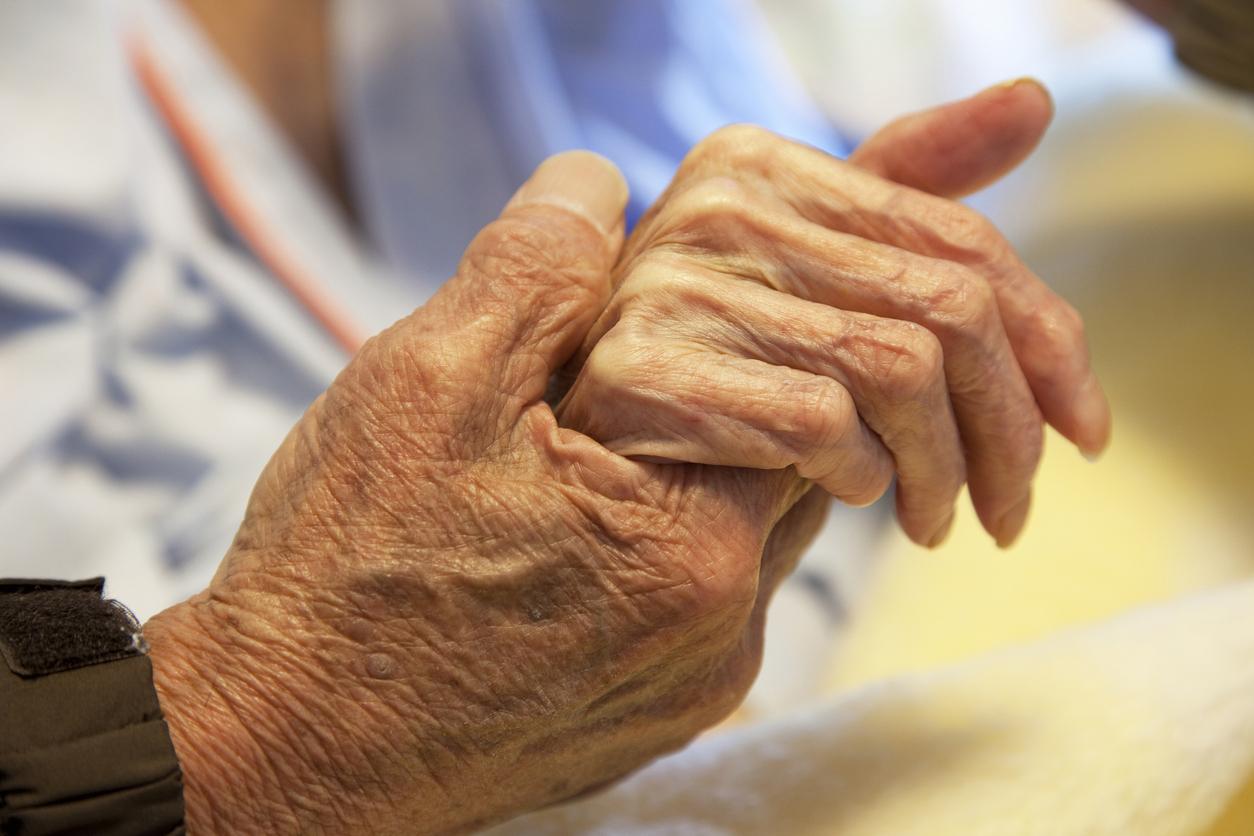Vincent Lambert’s condition, lying on a hospital bed since a car accident in 2008, is not improving as experts confirm his “irreversible chronic vegetative state”. A conclusion that could be a game-changer in the legal battle that his family is waging for a possible cessation or continuation of care.

Three experts, appointed by the courts, have submitted a long-awaited report on the situation of Vincent Lambert. They confirmed his “irreversible chronic vegetative state” which no longer leaves him “possible access to consciousness”. “Vincent Lambert is in a state of total psycho-motor functional incapacity”, explained the experts, adding that “minimal elements of aggravation have been recorded”.
This conclusion was eagerly awaited since it was a prerequisite before a possible initiation of a procedure for stopping care, requested since April 9 by the CHU of Reims where the patient is hospitalized. The last official expertise dated from 2014 and the experts estimated that Vincent Lambert’s condition “in 2018 is clinically comparable to that recorded in 2014”.
A state that prohibits him “any quality of life”
The experts specify that his “situation of total functional impotence due to irreversible brain damage” prohibits him “all quality of life” and makes “no longer possible access to consciousness”. They add that “the extreme or total limitation of his ability to access consciousness, communication, motor skills, expression of his personality, the irreversible alteration of his image affect him to a point that is not acceptable to himself and to his wife and guardian”.
Rachel Lambert, his wife, fights to enforce the will of her husband who, according to her, would not have wanted therapeutic relentlessness. Unfortunately for her, he did not express this wish in writing. Given the family discord, it is now up to the courts to decide on the basis of this new expertise.
Nuanced conclusions
But the experts are more nuanced on certain points. They thus believe that the “primary fundamental needs do not come from therapeutic relentlessness or unreasonable obstinacy”. They plead for a transfer to a structure “that can accommodate him until his disappearance if staying at the Reims University Hospital proves impossible for reasons other than simple medical technique”.
A position which joins that of his parents, Catholics close to fundamentalist circles, and part of his siblings, who had requested this expertise and consider that Vincent is “disabled” but has made “progress”. “We agree with the opinion of the experts as to the need to finally transfer Vincent to a specialized establishment” so that he has “access to the best care”, declared Me Jean Paillot, one of the lawyers for the patient’s parents. However, this request has already been rejected by the courts.
A symbol of the end-of-life debate
Following a car accident in 2008, Vincent Lambert was placed in a minimal state of consciousness. In 2013, after five years of unsuccessfully trying to improve his condition, the medical team decided to stop feeding and hydrating him. Problem, if she informed her wife, she did not ask for the opinion of her parents and her brothers and sisters. The Reims University Hospital then canceled this decision.
Since then, the legal battle around Vincent Lambert has become the symbol of the debate on the end of life. While the incessant legal appeals prevent the final decision being taken, the European Court of Human Rights issued a decision in 2015 validating the procedure for stopping treatment. This new report could open the way to a new judicial era whose outcome still seems uncertain.
.
















